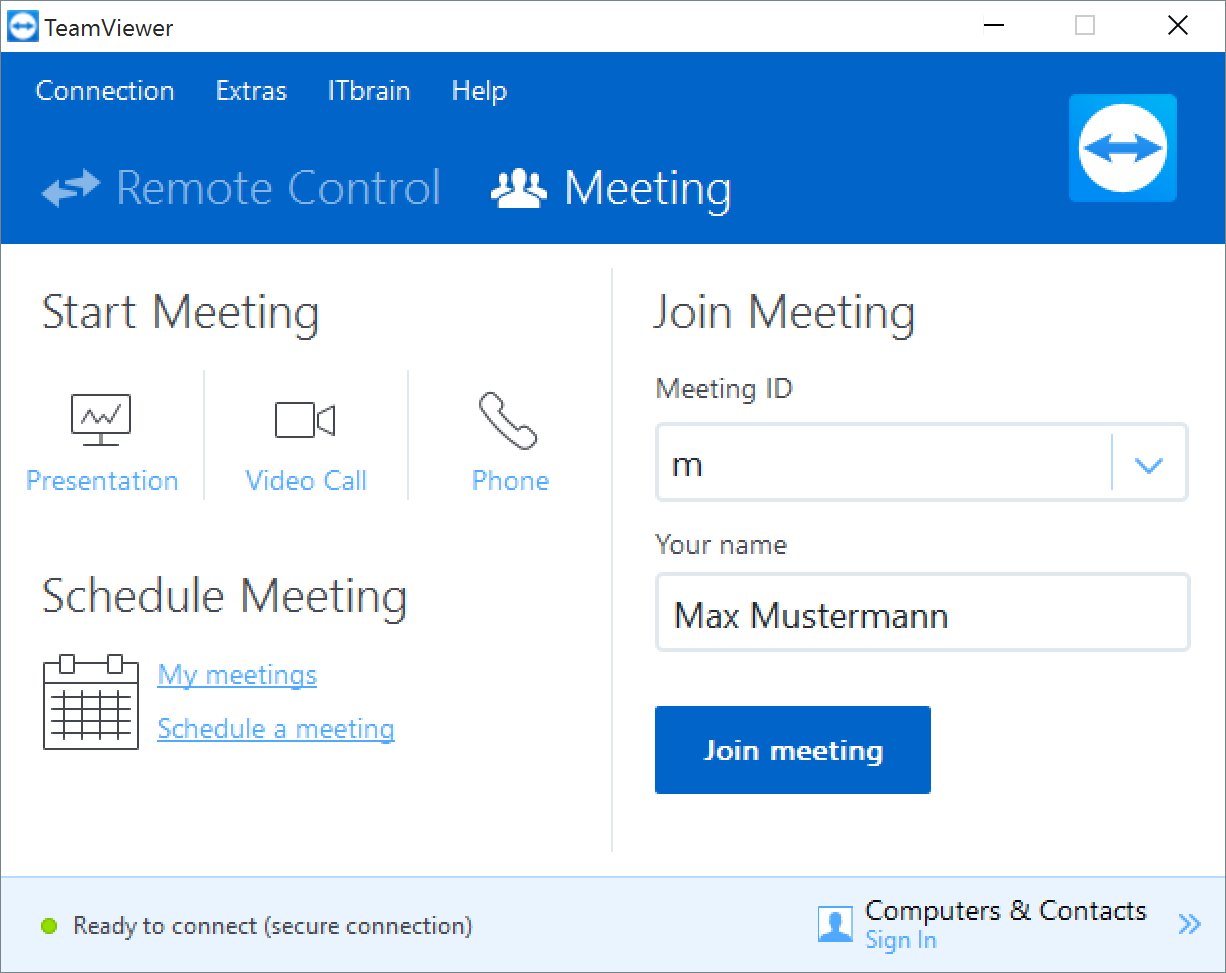


The user can then use a non-encrypting rsh client, connect it to localhost port 5514 and thus will get connected via the secure shell client to the rsh server on the remote network. For example, a user can set up a port-forwarding (also called ssh-tunnel) on the client software, listening on the client port 5514 and forwarding traffic to the address of an older device on the remote network that only supports the unencrypted rsh protocol. ftp or rsh) can connect to the tunnel's port on the client computer and the ssh client will transmit their data through the encrypted ssh connection to the final destination (and vice versa). This feature is sometimes called tunneling.ĥ Programs and protocols which do not use data encrpytion (e.g. This feature allows the user to create a connection from the client computer to the server network, which can be used by other programs and where all the connection data is encrypted. Port-Forwarding An important part of the secure shell protocol is a feature called port-forwarding. ZOC supports the whole list, starting with aes256-ctr and going down to older ciphers like aes256-cbc or arcfour (these older ones may still be necessary to connect to older servers which have not been updated in a while). Some ciphers were phased out over time, especially after Edward Snowden revealed how powerful possible listeners like the NSA are, and new ones were introduced. Encryption Over time, the SSH protocol has seen a plethora of methods to be used to encrypt the communication (using shared secret was negotiated during the KEX phase as a cryptograhpic key). Hardware (smart card) based key authentication is also possible. The ZOC ssh-client understands RSA, DSA, ECDSA and ED25519 keys. Public-key exchange comes in various flavors.
Using zoc terminal over vpn password#
Of those, ZOC supports password authentication, pukey exchange and keyboard-interactive challenge. The SSH protocol describes various methods that can be used for authentication. Authentication Authenticating describes the process, where the user presents proof of who he is and the server deciding, if the user should be allowed access. ZOC supports all official diffie-hellman group exchanges, as well as the more modern ecdsa-sha2 and curve25519-sha256 protocols.


The negotiation is performed through the so called Diffie-Hellman exchange or a variant thereof.
Using zoc terminal over vpn generator#
ZOC SSH Specific Features Based on industry reference implementation OpenSSH Client supports latest encryptions like ED25519 SHA256, SHA2 or AES-256ctr SSH Public key, keyboard interactive or password authentication Dynamic port forwarding (client as a SOCKS proxy) X11 forwarding (lets you run X-Windows applications from the remote session) Static port forwarding (tunneling of connections to remote destinations) Proxy support (client connects to server through http/socks4/socks5) SSH Agent forwarding between client and server Client side SSH key generator SFTP file transfer SSH Keep-AliveĤ SSH Feature Details Key Exchange An especially difficult part of encrypted communication is the need to negotiate a shared secret (the key to use for encryption) over a public channel that could already be compromised. Once connected, the ssh-client enables the user to enter commands and perform tasks through the shell of the remote computer. The SSH client is the software, which the user runs on his local computer to connect to the remote server. As the name suggests, its main purpose is to establish a secure connection to a remote shell account. 6ģ What is a SSH-Client Secure Shell (SSH) is a cryptographic protocol that securely transports data over an unsecured network. 1 ZOC SSH-CLIENT FEATURES EmTec Innovative Software, Markus SchmidtĢ Table of Contents: ZOC SSH-CLIENT FEATURES.


 0 kommentar(er)
0 kommentar(er)
